Writers, poets and intellectuals have always felt the pressure of censorship in Iran.
Sepideh Jodeyri, an exiled Iranian poet, talks to Fair Observer about the history of literary censorship in Iran, as well as her personal experience with censors. She remembers the names of writers and poets who have lost their lives in the pursuit of freedom of expression, and addresses the difficulties of being a woman within the strict societal norms of the Islamic Republic. Her support for Mir-Hossein Mousavi before and after the 2009 presidential election has put the wellbeing of her family in danger. After accepting a PEN guest writer position in Italy, she now lives in Prague, Czech Republic.
Jodeyri’s poetry has been translated into English, Swedish, Dutch, Italian, Czech and Kurdish. She will be holding readings at the School of Oriental and African Studies, University of London, this September.
Anna Pivovarchuk: You were born in May 1976…
Sepideh Jodeyri: More than two years before the Islamic Revolution.
Pivovarchuk: What were your earliest memories of this new Iran? What changed?
Jodeyri: I cannot remember it myself but, as my parents and other people have told me, we cannot compare the situation before and after the Islamic Revolution. I do not think the Shah was a good man. He was a dictator. During the Shah’s rule everything deemed political was censored. But since the Islamic Revolution, many other issues have been censored as well. If we speak about God in our poetry, it will be censored. Many cultural issues will be censored. I do not know why. We cannot really find a reason behind the censorship of some poems while not others. During the Shah’s rule, writers knew they were censored because they wrote political or protest poetry, but now we cannot predict which poem will be censored. If, for instance, my poetry doesn’t match the censor’s taste, he or she will block it.
Pivovarchuk: The Iranian Constitution states that you are free to express anything, unless it insults Islam or the rights of citizens. But this is so vague.
Jodeyri: And many other things. For example, if a poet or writer is a woman, it is an issue. If I am a woman, I cannot write the word “body” in my poetry but men can do so. I cannot write about my body and even the body itself. I wrote about a poet who had passed away. His death was not a political issue — he died because of an illness — and I wrote a poem on his behalf. He once told a story about how his body had changed, but because I wrote the word “body,” the poem was completely censored from my book. This happened because I am a woman and I am not allowed to write anything about the body.
Pivovarchuk: But are you allowed to mention body parts like the hand or head?
Jodeyri: “Hand” or “head” is fine, but “lips,” the word “body” itself or “breasts” are forbidden. Even if men write about women’s breasts, it is censored in Iran. The word “kiss” or “kissing” is forbidden for both men and women. One of my books was titled To the Long Arms of a Reed. The “arms” here mean a “hug” and because of that it was forbidden. During the Shah’s rule, erotic poems — and even pornographic poems — were not censored. I have read them in books that were published during his time.
Pivovarchuk: What is the history of censorship in Iran?
Jodeyri: Like any other country, censorship has been exercised in Iran since the first books and journals were published. But it was not official censorship at that time. Early poets from Iran such as Hafez or Ferdowsi, who wrote a book that has been translated into English, had to self-censor because of pressure from society and the rulers. If they wanted to talk about a political subject or something highly erotic, they didn’t do it directly, but instead would use metaphors or play with words. Since they did not say anything directly about these subjects, it was fine. Today, we do this in Iran. For example, if I want to deal with a political or erotic subject and I play with words and say it indirectly, then censors cannot understand what I say and they might not block it.
After the coup in 1953, Mohammad Reza Shah formed an intelligence and security organization: SAVAK. Rules regarding censorship began to change because pre-publication censorship was enforced in Iran. Many Iranian poets and journalists were in prison.
Pivovarchuk: Can you give an example?
Jodeyri: If I use many metaphors and hide the direct meaning by playing with words, then they will not understand what I am saying. But unfortunately, other people would not understand it too.
Pivovarchuk: Then there is a very deep meaning to this poem!
Jodeyri: Today, many poets in Iran use this method. It is used not only as an escape from the danger of censorship, but it has also become a style of writing in the country. But when the early poets did this, it was due to pressures and dangers of censorship.
Pivovarchuk: Maybe censorship didn’t turn out to be such a bad thing; there was creativity that emerged. That is one way of looking at it.
Jodeyri: During the late 1990s, postmodern poets of Iran started to use this method. But nowadays they censor this complex form of poetry more than simple poetry. Those who censor now understand that poets are saying something they cannot understand and which must be forbidden.
Pivovarchuk: So you could be saying anything that may not have a secret meaning, but it can be censored because someone is confused by what the poet is trying to say. Anything can be censored this way.
Jodeyri: Exactly! Let me tell you the story of censorship in Iran from the beginning. In his book, History of Censorship in Iranian Press, the historian Goel Cohen mentions that official censorship in Iran was institutionalized during Naser al-Din Shah’s period in the 19th century. Naser was a famous king of the Qajar Dynasty that ruled before the Pahlavi Dynasty.
Naser was a dictator. He officially founded the censorship department in Iran because he came across a Persian book that insulted Iranian authorities and clerics. During this period, there was severe censorship. But after the constitutional revolution, the revolutionaries made the Shah’s son, Mozaffar al-Din Shah, sign a law for freedom of speech and expression and a free press. He signed it and, for a short time during the constitutional era, there was no censorship because intellectuals were in power. Intellectuals had most of the seats in the Iranian parliament. It was a good time for writers and journalists.
But the situation changed. Mohammad Ali-Shah, Mozaffar’s son, was a real dictator. He bombarded the Iranian parliament. He killed several Iranian journalists, writers and intellectuals such as Mirza Jahangir Khan Soor-e-Esrafil, who was the manager and founder of a very famous newspaper, Soor-e-Esrafil. Mohammad’s son was the youngest ruler of Iran. He couldn’t handle everything on his own. His prime minister was Reza Pahlavi, who terrorized poets and journalists. Mirzadeh Eshghi, who was a political poet and manager of the 20th Century Newspaper, was assassinated. At last, Reza Pahlavi became the Shah of Iran and the Pahlavi Dynasty was born. More journalists were killed and many were imprisoned. Farrokhi Yazdi, an important figure who was a communist poet, and Taghi Arani, who was also communist, were tortured and then killed in prison.
After the coup in 1953, Mohammad Reza Shah formed an intelligence and security organization: SAVAK. Rules regarding censorship began to change because pre-publication censorship was enforced in Iran. Many Iranian poets and journalists were in prison. Famous contemporary poets such as Ahmad Shamlou, Mehdi Akhavan Sales and many others went to prison several times during the Shah’s rule. We can come up with many names of people who were imprisoned under the Shah because their poetry was political. It led people to initiate movements. During the last few years of the Shah between 1978 and 1979, the atmosphere became more liberal because he became weak and the people rose up against him. But post-publication censorship was still there and had not stopped completely. Therefore, political poetry and books were written and then destroyed.
But after the Islamic Revolution, a temporary government was put in place at a time when there was no censorship in Iran. Nothing was censored — be it books, press or theater. This was a golden period, culturally. However, after few months, a law was passed to censor press in special cases. This also applied to books. The problem was that authorities censored everything they wanted to. They were not really following the law.
Pivovarchuk: So what were the special cases?
Jodeyri: Insulting Islam. Things they consider very harmful. I think the problem with this law is that it’s not clear. Everyone can have their own interpretation of the law.
During Iraq-Iran War, when Ayatollah Khomeini was still alive and also after his death during Hashemi Rafsanjani’s presidency, there was severe censorship. For example, if I wrote a book of poetry that those in power did not even consider harmful, the book might be banned due to the poet’s name. Unfortunately, some writers were put in prison or even killed. For example, Shahrnush Parsipour, who wrote Women Without Men, which was later made into a movie, was imprisoned twice. During the first time, she had forbidden journals in her car and spent four years in prison. After the publication of Women Without Men, which did not deal directly with feminist subjects but we can see feminist approaches in the book, she was imprisoned again. Therefore, later on, she left for the United States.
But during the dark period of 1988-98, which is known as “the chain murders of Iran” (qatl-ha-ye zanjire-ee), more than 80 writers, translators, poets, political activists and ordinary citizens were killed. For example, Mohammad Mokhtari, a poet, whose only sin was that he revived the Association of Iranian Writers. The association was active during the Shah’s rule, but a few years after the revolution it closed down, so Mohammad wanted to start it again but was killed for it. Another writer who was involved in reviving the association was also killed: Mohammad Jafar Pouyandeh. Ahmad Mir-Alayee was a renowned literary translator, but he was killed because he supported the revival of the association and signed statements it had issued. Ebrahim Zalzadeh, who was the editor of a literary magazine, was also killed. I remember that period. Writers during this time were frightened because they feared for their lives.
Pivovarchuk: You studied chemical engineering, so how did you become a poet? Isn’t science a much more peaceful career than being a poet?
Jodeyri: I have liked poetry since I was a child. Since I was 6 years old, I started writing poetry and short stories. In high school, my major was mathematics and my parents felt it was better for me to be an engineer. At that time, I wanted to be a film director. I loved it. Or at least I wanted to write screenplays but my parents thought so traditionally at the time — although my father is an engineer and my mother is a high school teacher. This was during the 1990s and everyone thought that if a girl were to be a film director, she might do things that society doesn’t approve of — she might have relationships with men.
Now, people are more open-minded but at that time the situation was different. So my parents said I could study engineering at university but, if my interest was in moviemaking, then I could study at another institute. I did this, but I didn’t become a filmmaker. I continued writing poetry. My poems were being published in magazines in Iran. I wrote treatises on poetry, which were published in newspapers and journals in the country. My first book was released in 2000 and other books came later on, so I became a poet.
*[Read the final part on June 22.]
The views expressed in this article are the author’s own and do not necessarily reflect Fair Observer’s editorial policy.
Support Fair Observer
We rely on your support for our independence, diversity and quality.
For more than 10 years, Fair Observer has been free, fair and independent. No billionaire owns us, no advertisers control us. We are a reader-supported nonprofit. Unlike many other publications, we keep our content free for readers regardless of where they live or whether they can afford to pay. We have no paywalls and no ads.
In the post-truth era of fake news, echo chambers and filter bubbles, we publish a plurality of perspectives from around the world. Anyone can publish with us, but everyone goes through a rigorous editorial process. So, you get fact-checked, well-reasoned content instead of noise.
We publish 2,500+ voices from 90+ countries. We also conduct education and training programs
on subjects ranging from digital media and journalism to writing and critical thinking. This
doesn’t come cheap. Servers, editors, trainers and web developers cost
money.
Please consider supporting us on a regular basis as a recurring donor or a
sustaining member.
Will you support FO’s journalism?
We rely on your support for our independence, diversity and quality.


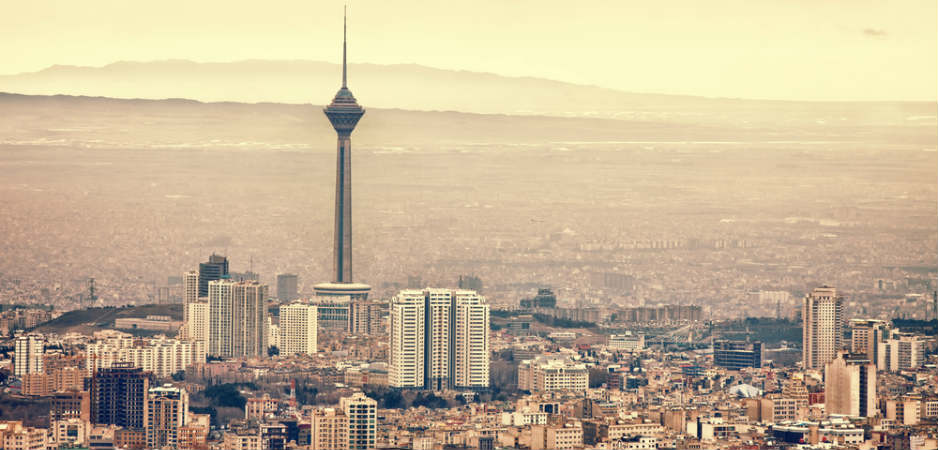

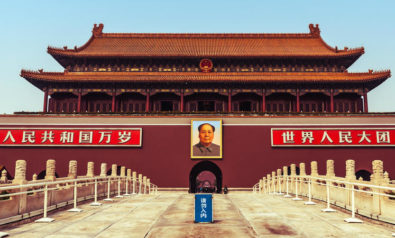

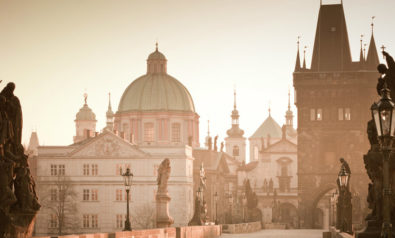



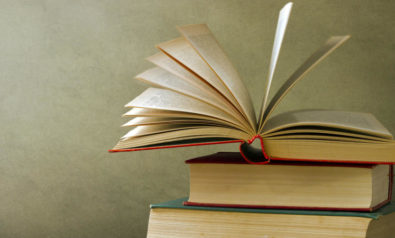
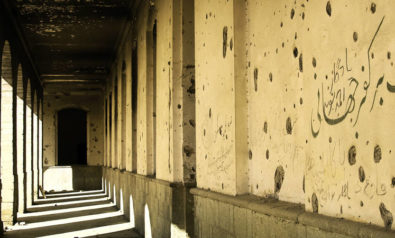

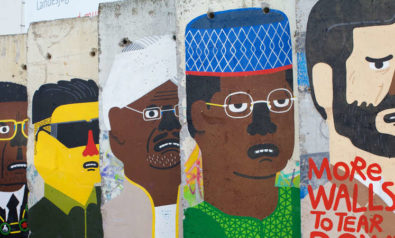
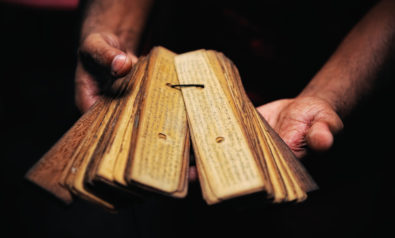

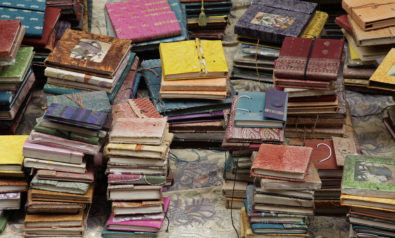
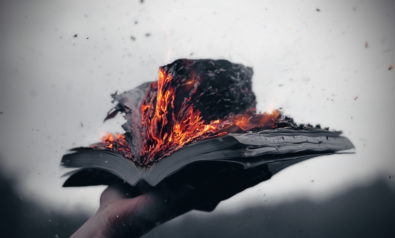

Comment